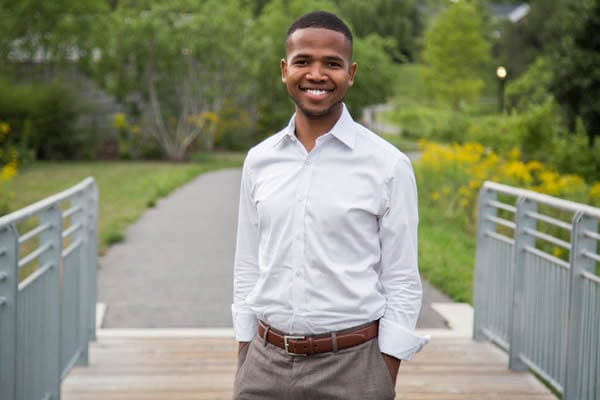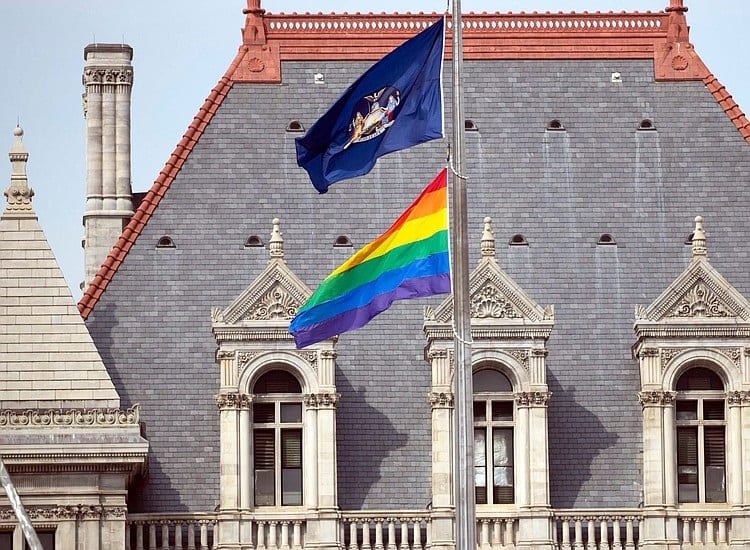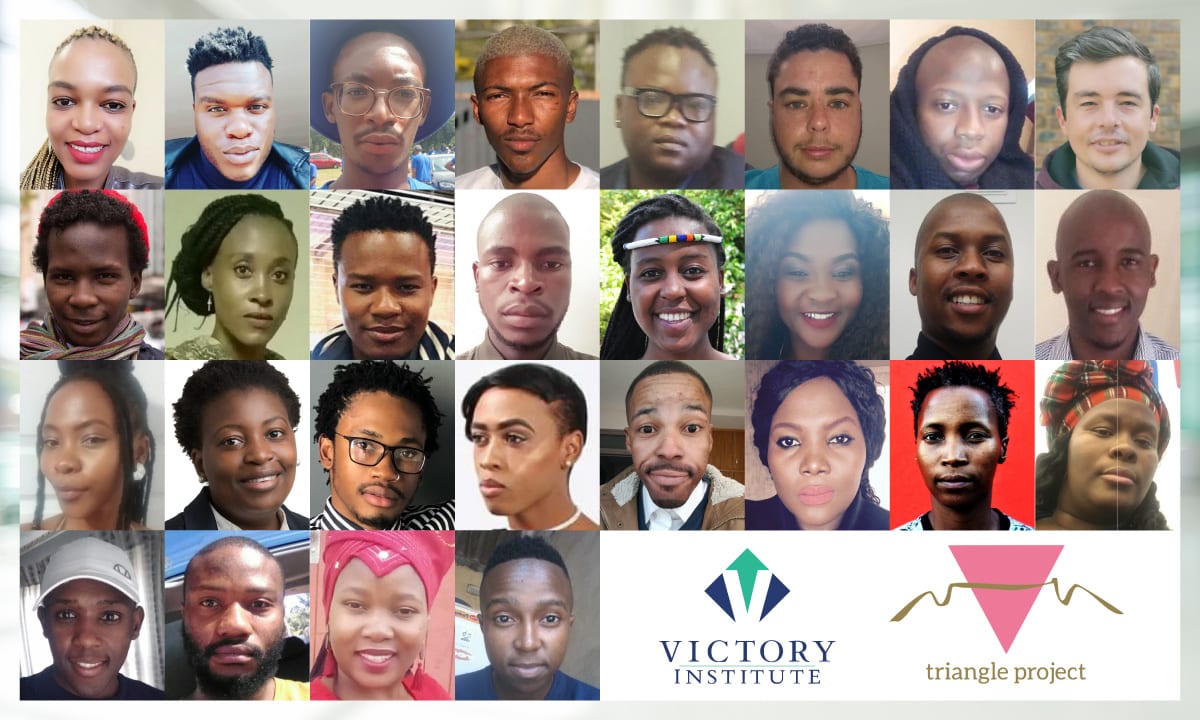
Maryland House of Delegates Member Gabriel Acevero made history in 2018 when he became the first openly LGBTQ Afro-Latino elected person to public office in the state. As an elected official, Acevero has been fighting for racial and economic justice in marginalized communities. Representative Acevero is a member of Maryland’s House Appropriations Committee, the Legislative Black Caucus and Latino Legislative Caucus. He is also a union organizer for the Municipal and County Government Employees Organization. On Thursday, June 6, 2019, Victory Institute spoke on the phone with Acevero about serving in office, union organizing, police-community relations and corporate involvement in Pride month.
On being the first openly LGBTQ, Afro-Latino elected to the Maryland House of Delegates:
Yes, I am the first and only openly gay, Afro-Latino elected to the Maryland House of Delegates so it can be a little lonely at times. But it is certainly rewarding in that I can bring my lived experiences and my community to every conversation. I am able to be an authority on the issues that impact Latinx people, immigrants, queer people and the working poor. It is surreal and it is humbling. When we think about the mental health issues and rates of depression LGBTQ people face, the most important thing that I can do is be unapologetically visible. So that our youth know they are worthy, their voices matter and they have a place in this society.
On the relationship between the LGBTQ community and the police:
I think it is important for us to look at the catalyst of the LGBTQ rights movement, the Stonewall riots. There was built up frustration with the level of police violence inflicted on LGBTQ bodies. There was no recognition of our humanity. When we talk about ending police violence, LGBTQ people must be a part of the conversation and that includes cisgender white queer people. Ending police violence is not the job of LGBTQ communities of color. When we talk about the relationship of the LGBTQ community with police departments, we have to revisit our history. When we talk about the role that police play at Pride, we have to revisit our history. As a community it is our job to continue the fight of our elders who’s shoulders we stand on and who’s progress we benefit from. We have to recognize that police departments have a very toxic relationship with the LGBTQ community.
The NYPD commissioner recently apologized for the NYPD’s participation in the Stonewall riots. In his remarks, he acknowledged that the police department’s behavior was dehumanizing. And while that is the right thing to do, it does not mean that decades of systematic oppression and state-sanctioned violence against LGBTQ bodies goes away and our relationship suddenly improves. What that looks like is acknowledging the violence, and intentionally working to ensure that LGBTQ people feel safe in their communities. What that looks like is making sure police officers aren’t acting as occupying forces but are affirming and protecting LGBTQ people. It is our responsibility to call these things out and dismantle these systems to build a more just society.
On being a labor union organizer in the LGBTQ rights movement:
I am a union organizer. Studies have shown that there is a direct correlation between the weakening of organized union labor and growing income inequality. And as a group of people who are economically oppressed, the only conduit for economic mobility is the labor union. As a union organizer, I know that we fight for our members regardless of race, nationality, sexual orientation, ability or religious background. The labor union fights for workers, regardless of who you are and who you love. So when we talk about economic mobility, more LGBTQ people must join unions.
As a state legislator, I’ve been committed to improving our collective bargaining rights laws at the state level to ensure that more LGBTQ workers can form, join and organize labor unions. These are the organizations that are going to protect us from the kind of discrimination that LGBTQ people face in the workplace every day. The labor union fights for job security, adequate wages, better benefits, retirement funds and the terms and conditions of employment. As a community, we should realize LGBTQ rights and workers rights are intertwined. It is important for us as a community to stand shoulder to shoulder with the labor movement. It is also important for us to hold companies and corporations accountable for attacks on labor unions. Because attacks on labor unions means that our bargaining power, our voices and our chances of upward economic mobility are limited.
On corporate involvement in Pride:
Many of these companies, celebrities and corporations are profiting off of LGBTQ culture and giving us absolutely nothing in return. We are complicit in that with our silence when we are not asking these same individuals, celebrities and corporations what they are doing to better the community that they claim to care about. Are they writing checks to LGBTQ youth and community centers? Are they committed to the mental health of our youth? Are they committed to ensuring that LGBTQ seniors can retire with dignity so that our elders are not homeless and financially insecure? What are these folks doing to support our trans communities and trans led organizations? What are these companies and organizations doing to help ensure that our public schools are safe and accommodating for our LGBTQ youth? What are these folks doing to benefit us?
Representative Gabriel Acevero is one of 706 LGBTQ elected officials currently serving in the U.S. To see all of them, please visit Victory Institute’s Out for America map!

